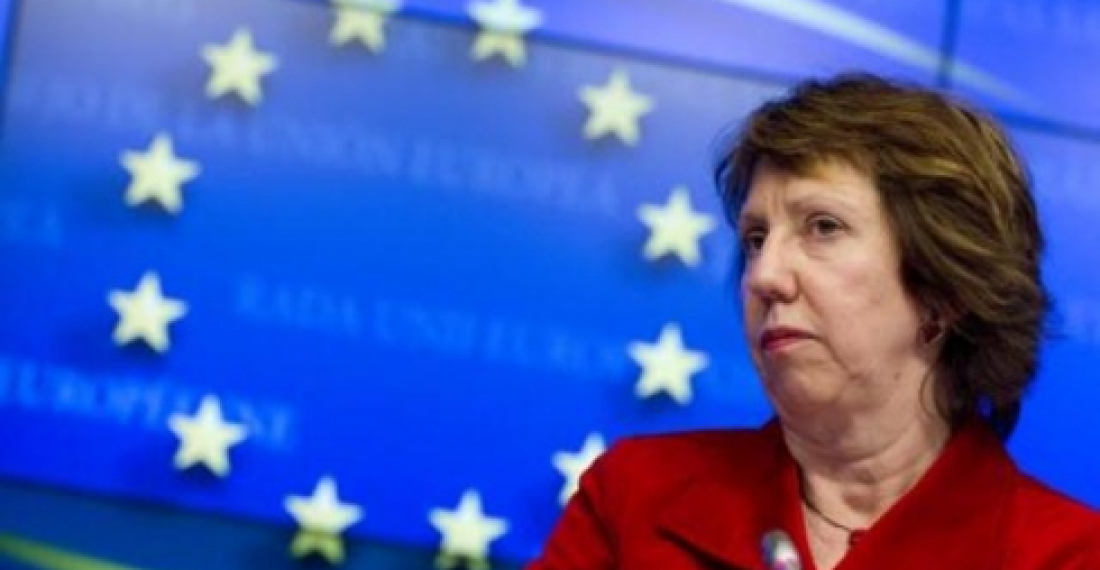The European Union High Representative for Foreign Affairs and Security, Catherine Ashton, arrives in Baku today at the start of a visit that will take her to the three countries of the South Caucasus. The visit marks a new chapter in the EU's engagement with the region. For too long relations with the South Caucasus countries were delegated to more junior members of the EU leadership. The visit of Catherine Ashton, and the personal interest she herself has taken in the relations with the region since her appointment as High Representative last year, reflect an important change in the way Brussels is engaging with the region, and its committment to help resolve its problems and develop its potential.
Ashton is visiting Azerbaijan, Armenia and Georgia just before travelling to Moscow for a meeting of the Russia-EU Council. That also is symbolic, sending a clear message to the Russian leadership that the EU has no intention of being marginalised in the region, and that it will respond to the aspirations of the three South Caucasus countries for closer relations with Europe.
The process of negotiating Association Agreements between the EU and the three countries is well under way. The EU is now poised to play a bigger role in the resolution of the conflicts in the region that have for too long suffocated the region's progress. It is expected that during her visit Ashton will also send a clear message to the leadership of the three countries that they can expect full support from Europe for their asspirations to develop and modernise, but that they themselves must push forward with political and economic reforms, and that the European Union has no intention to compromise on its expectations of high standards in good governance and democratic practise from its close partners.
source commonspace.eu
photo: Baroness Ashton at the European Council meeting on 14 November 2011 (picture courtesy of the Press Service of the European Council)







